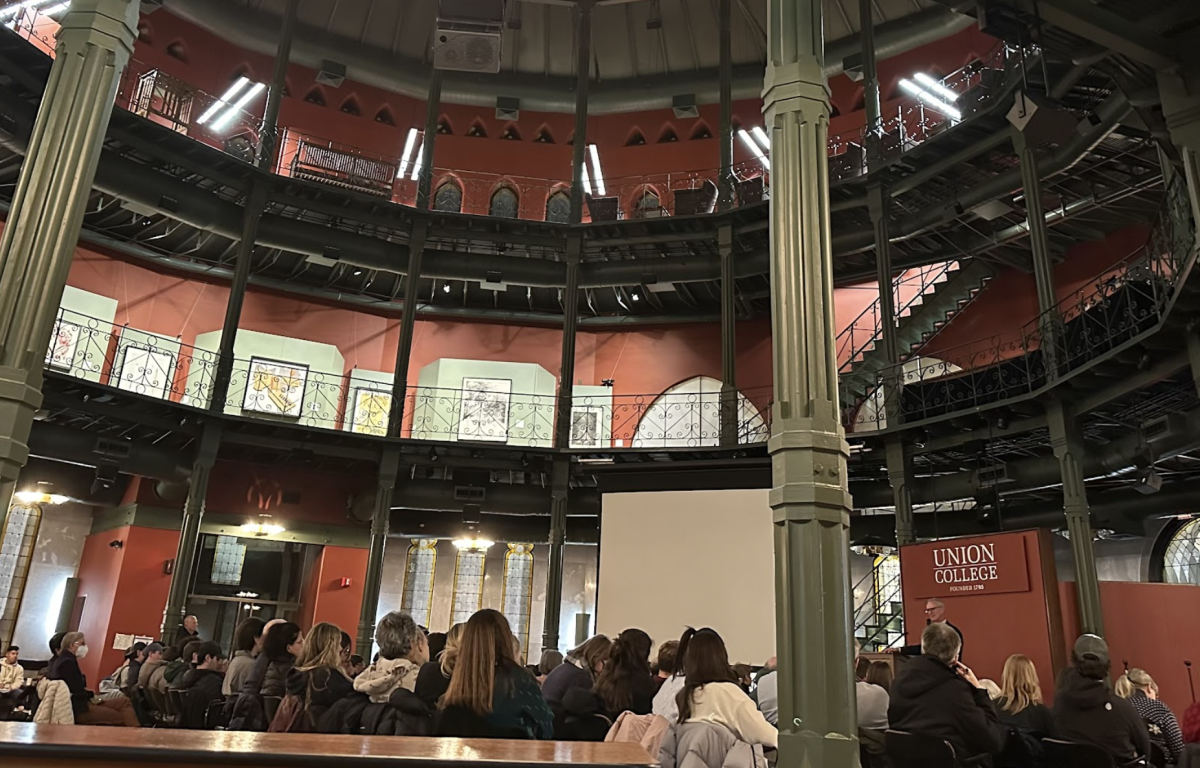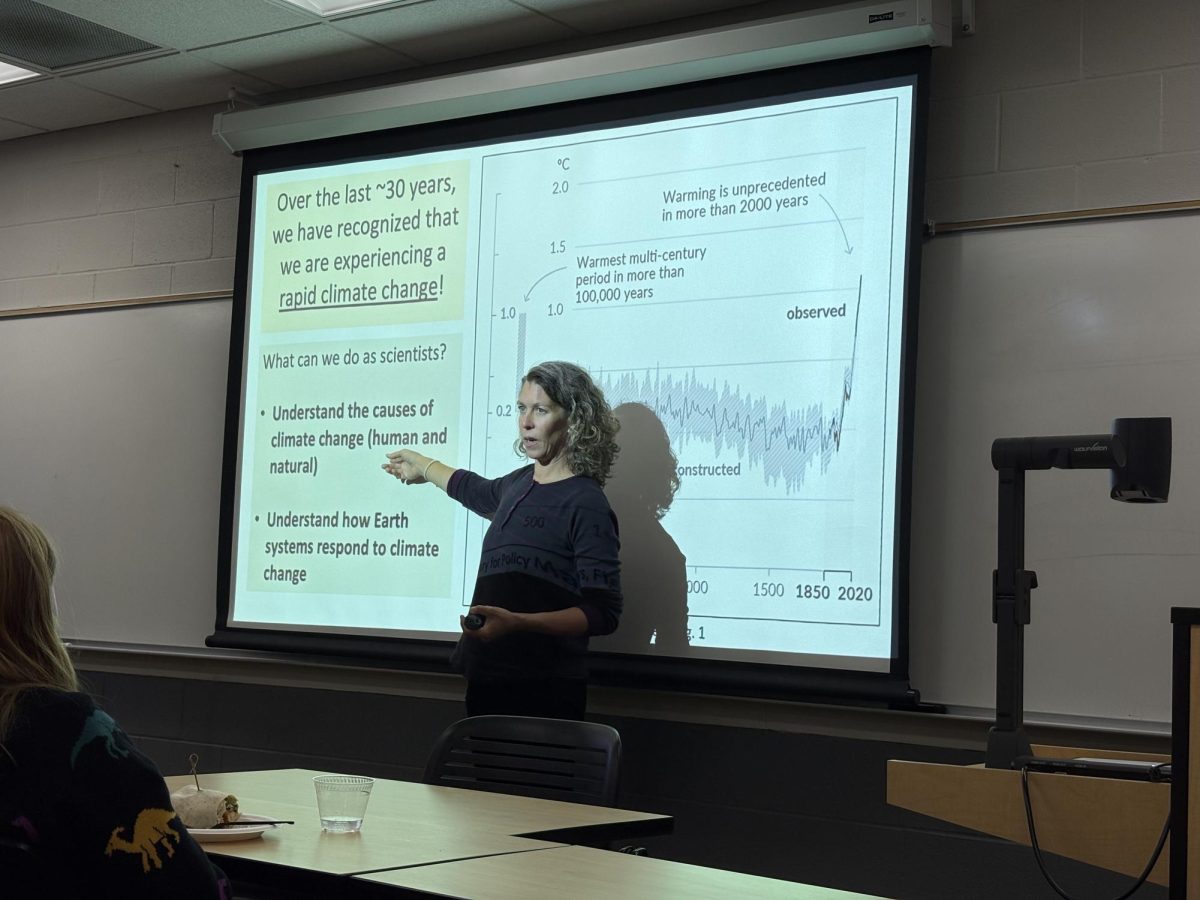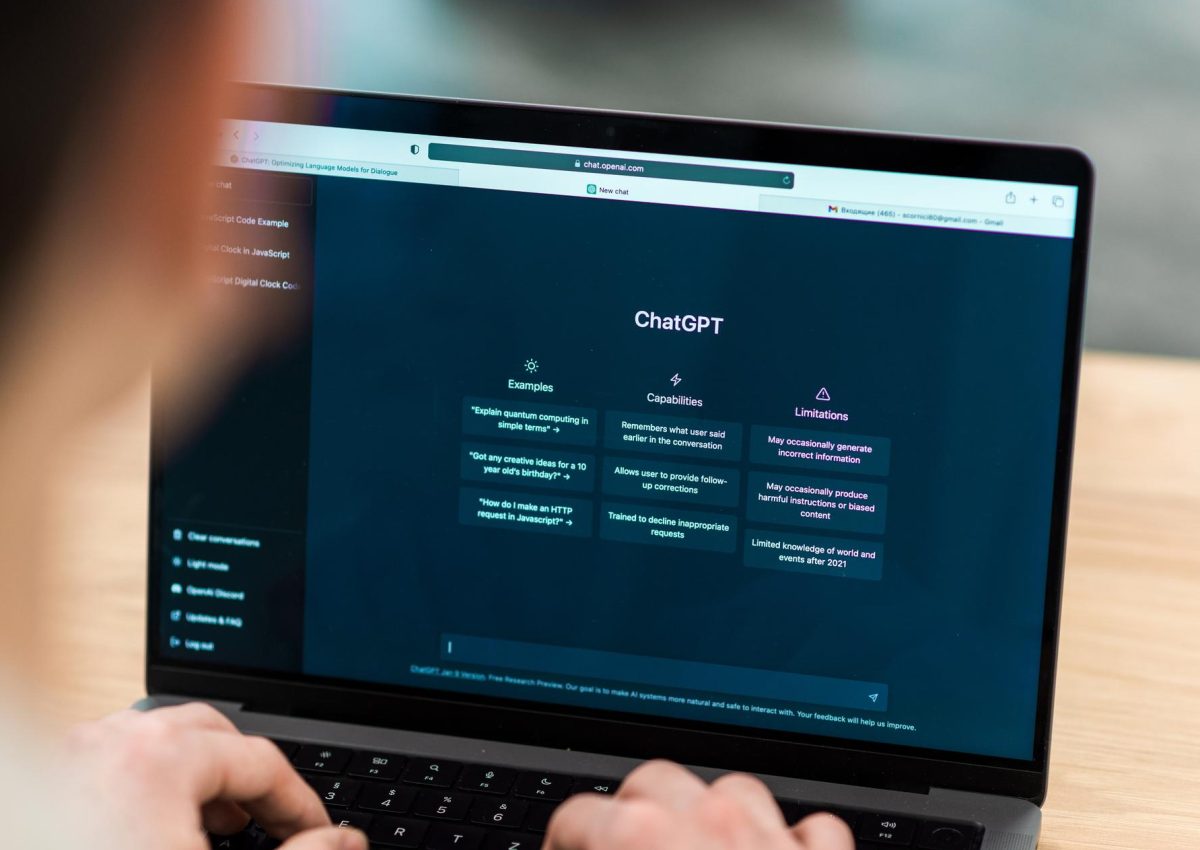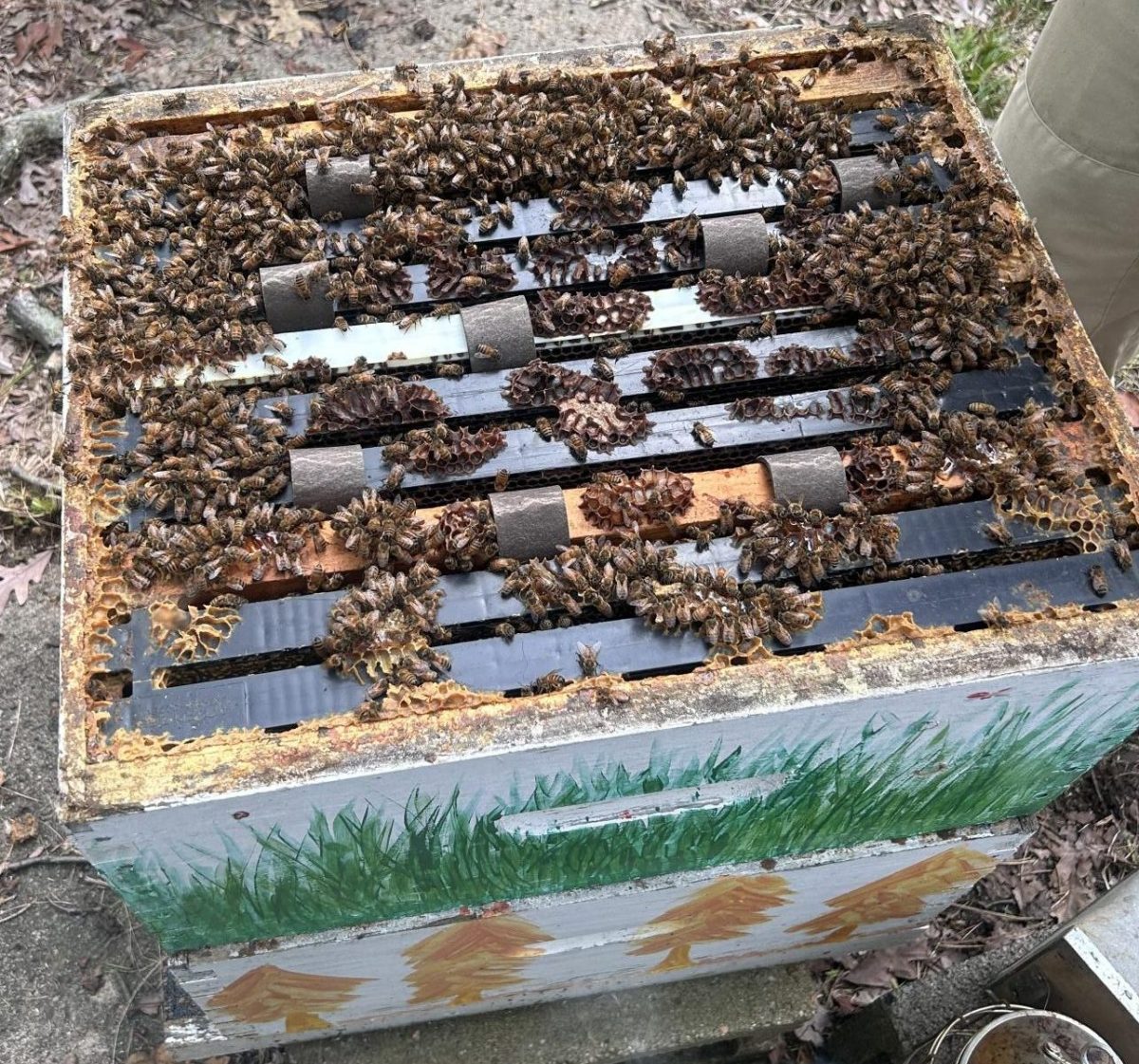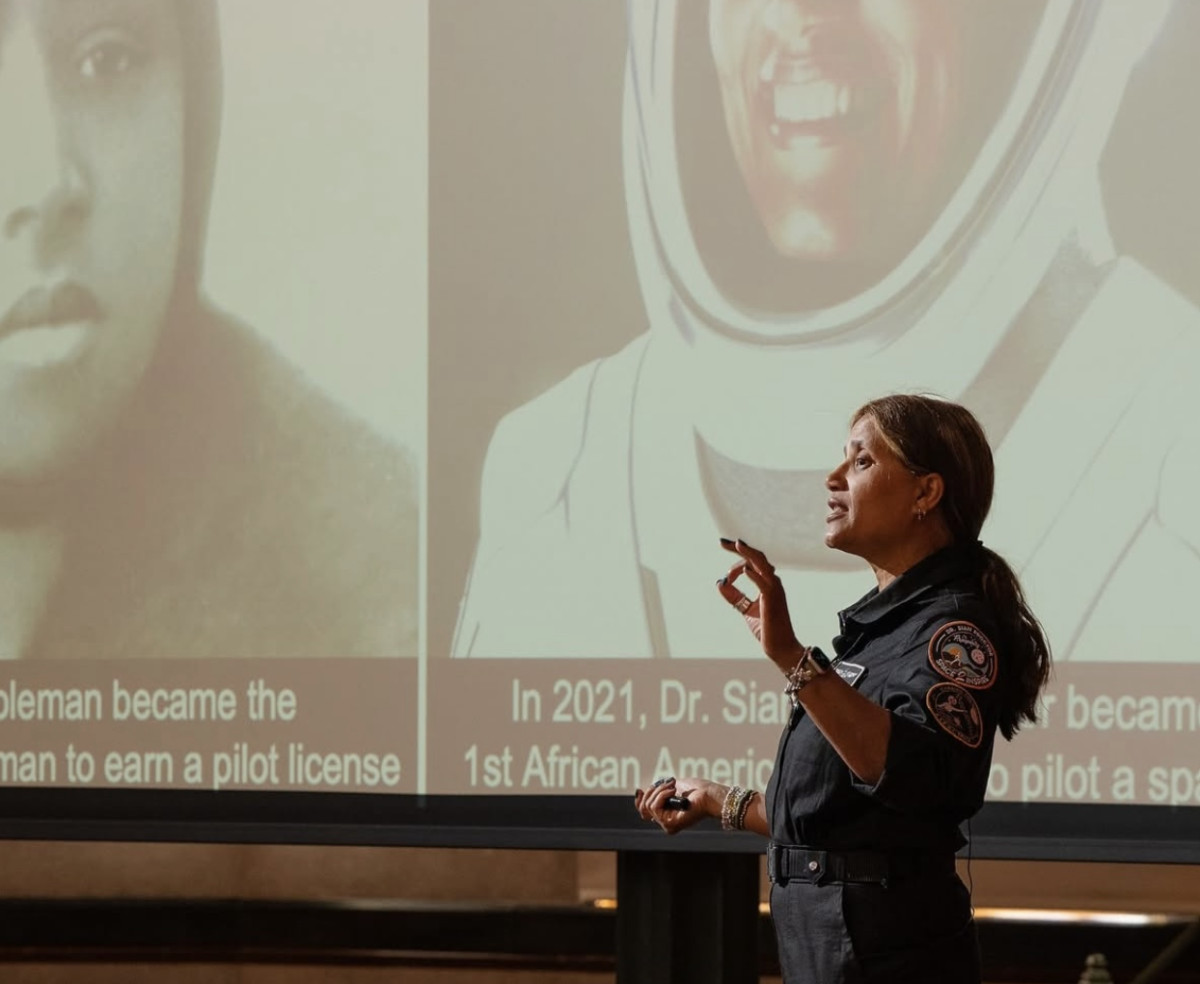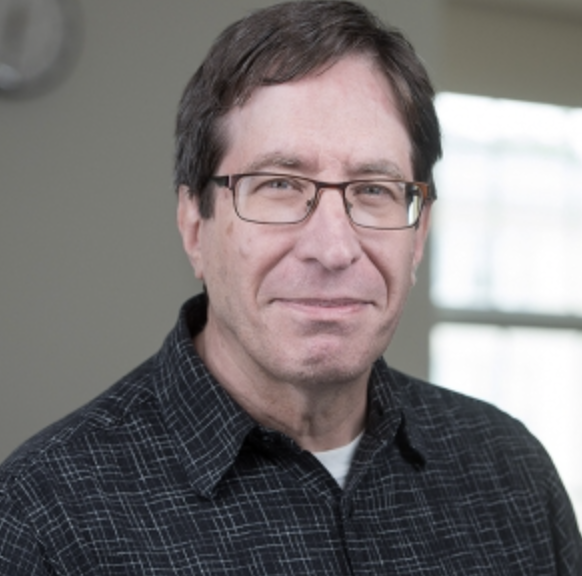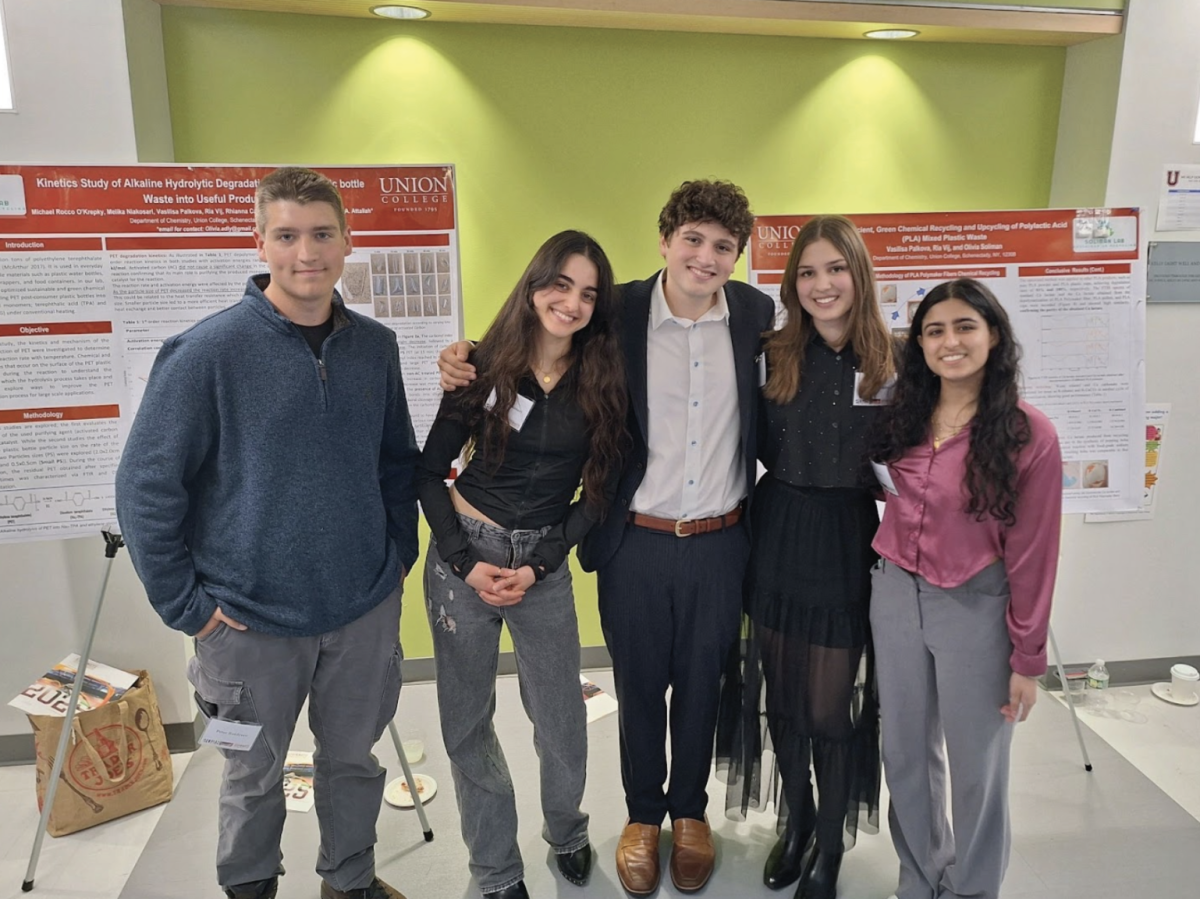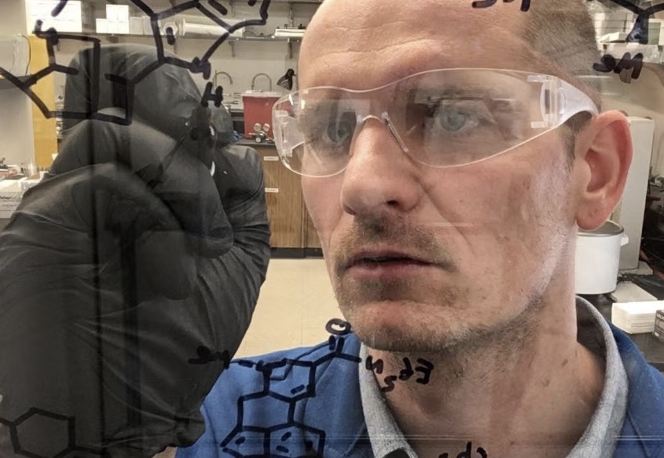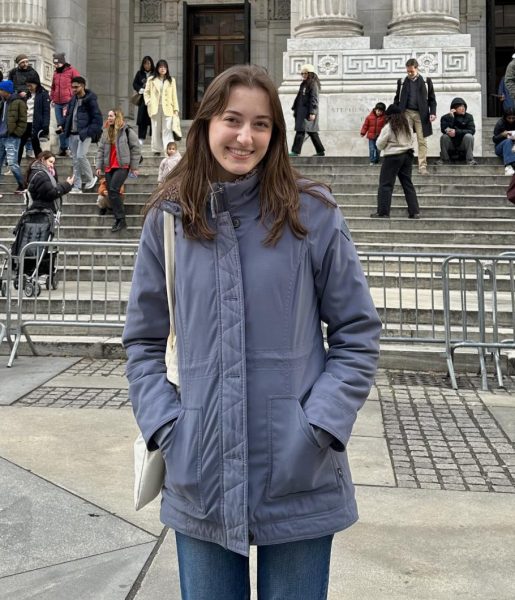Former United States Representative Bob Inglis spoke in the Nott on February 3 as part of the Climate Solutions ESPE Winter Seminar Series, addressing the issue of climate change from a conservative perspective.
Inglis described his journey to understanding climate change as a conservative and South Carolina representative. He was influenced by the views of his family, as well as the evidence of climate change seen firsthand from ice drilling in Antarctica, and what he described as a “spiritual awakening” found snorkeling in the Great Barrier Reef. However, the conservative party’s traditional political culture remained inflexible to his shift towards a perspective that strayed from party lines.
Despite no longer holding office, Inglis has maintained and expanded his commitment to taking action against climate change through his organization RepublicEn. His approach focuses on “market-oriented solutions,” emphasizing the importance of taxing pollution over what he deems less effective strategies such as regulating emissions and incentivizing clean energy through tax cuts. Inglis aims to implement a carbon tax, paired with a matching reduction in existing taxes, to result in a higher price on goods that require a large carbon footprint to manufacture. This would leave the option in the consumer’s hands, while still incentivizing sustainable production and purchasing.
Attendee Grace Kaiser ‘27, a Political Science and History ID major, was intrigued by the presentation, saying, “I felt former representative Inglis’ talk was very impactful, because it was a perspective on climate change that I feel like I don’t get often.” Kaiser reflected, “It made me hopeful for the future of climate action and solutions, possibly even as a bipartisan effort.”
With the current shift in government as a conservative party takes office, alongside growing environmental disasters like the recent wildfires in California, the future of important current issues like climate change is a critical question. Efforts like Inglis’ make cross-party cooperation towards sustainability and environmental preservation more of a possibility, as collaboration is essential to making significant and timely progress.
Students looking to support the fight against climate change can find multiple resources on campus, through organizations including USustain, Engineers for a Sustainable World (ESW), and the sustainability theme house Ozone House. Individuals can also create change on a personal level through utilizing reusable items over single-use, composting food scraps, recycling paper and plastic, and turning off dormitory lights and heat when not in use. Contacting local representatives and elected officials to make personal support for climate-focused policies clear is also critical, and can be done easily with resources like the “Write to Congress” page on citizensclimatelobby.org.


